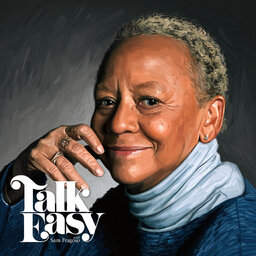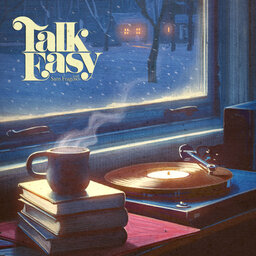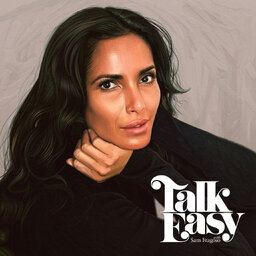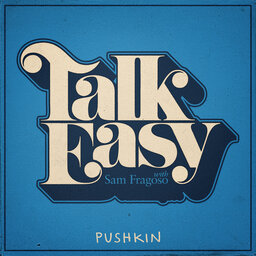The Year of Actor Sebastian Stan (‘The Apprentice’)
Actor Sebastian Stan has built a career out of shapeshifting.
This week, he joins us to discuss the process of transforming into Donald J. Trump in The Apprentice (8:27), his personal relationship to the American dream (15:35), and the extensive research that went into recreating 1970s-1980s New York City in the film (17:27). Then, we unpack Sebastian’s Romanian upbringing (29:00), the gift of his unconventional, nomadic childhood (34:40), and what the film represents in this post-Election moment (38:30).
On the back-half, we talk about the impact of the late director Jonathan Demme (50:45), Stan’s radical and stunning work in A Different Man (55:08), what both of his new films reveal about reality (59:14), and what the silencing of The Apprentice—and his Actors on Actors shutout—reveals about the entertainment industry (1:00:00). To close, a reflection about control and how Sebastian embraces everyday life (1:17:55).
Thoughts or future guest ideas? Email us at sf@talkeasypod.com.
In 1 playlist(s)
Talk Easy with Sam Fragoso
Talk Easy with Sam Fragoso is a weekly series of intimate conversations with artists, activists, and…Social links
Follow podcast
Recent clips

Remembering Poet Nikki Giovanni
44:21

Talk Easy in 2024: A Mixtape
58:40

Host Padma Lakshmi (‘Taste the Nation’) is Just Getting Started
53:33
 Talk Easy with Sam Fragoso
Talk Easy with Sam Fragoso